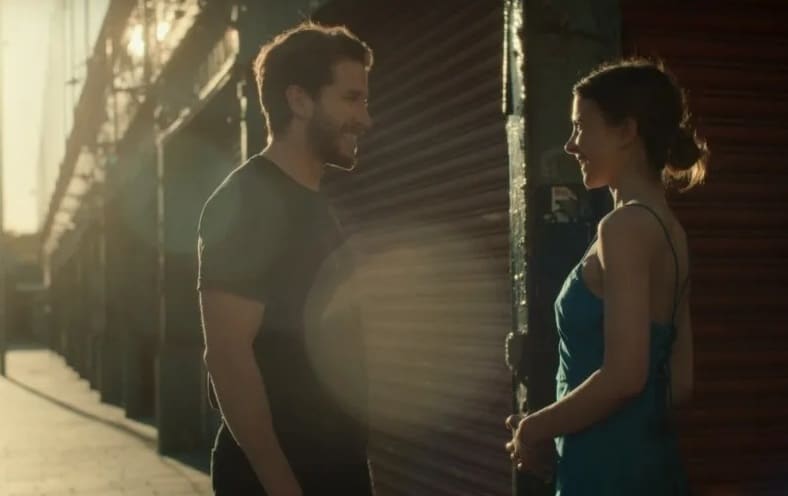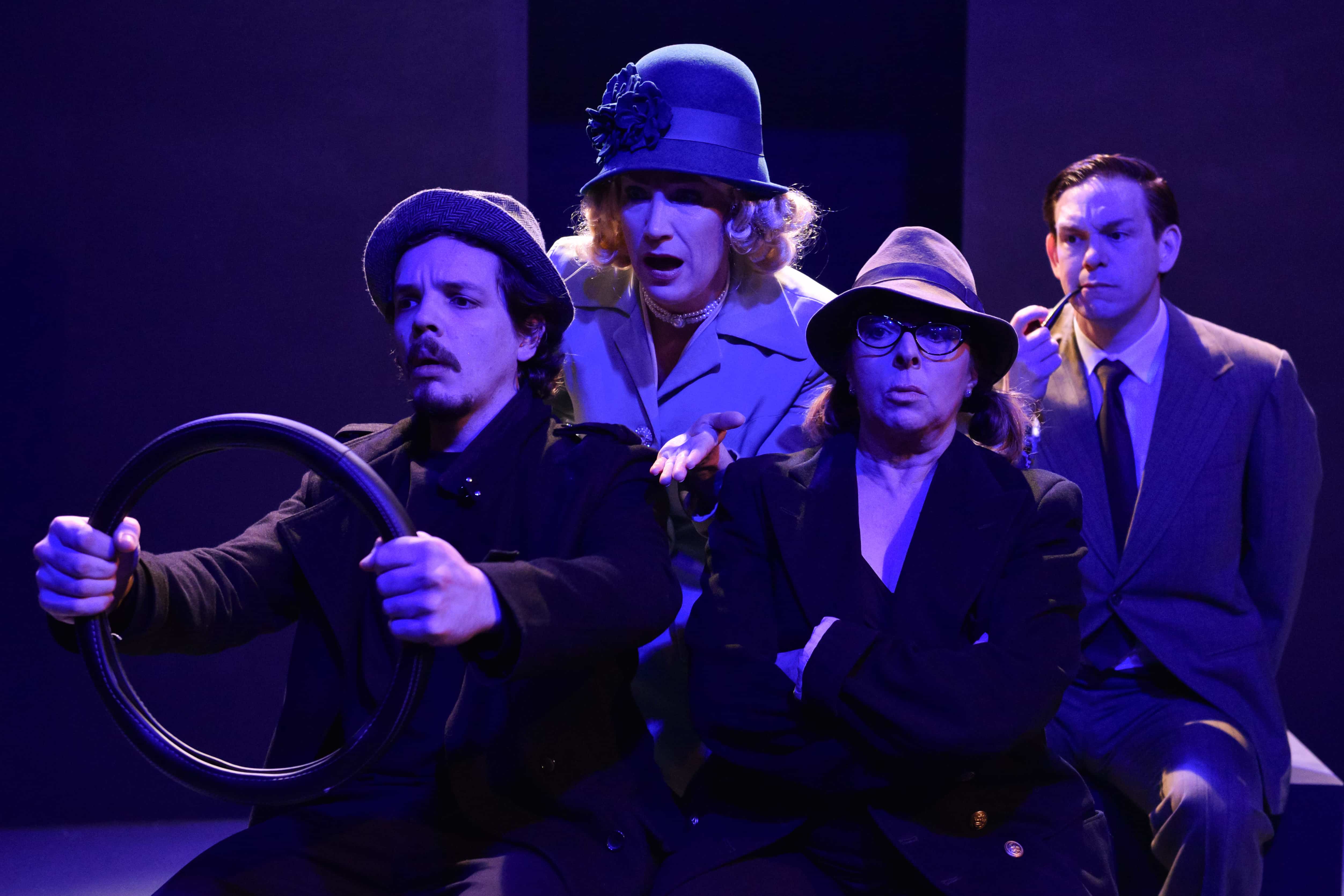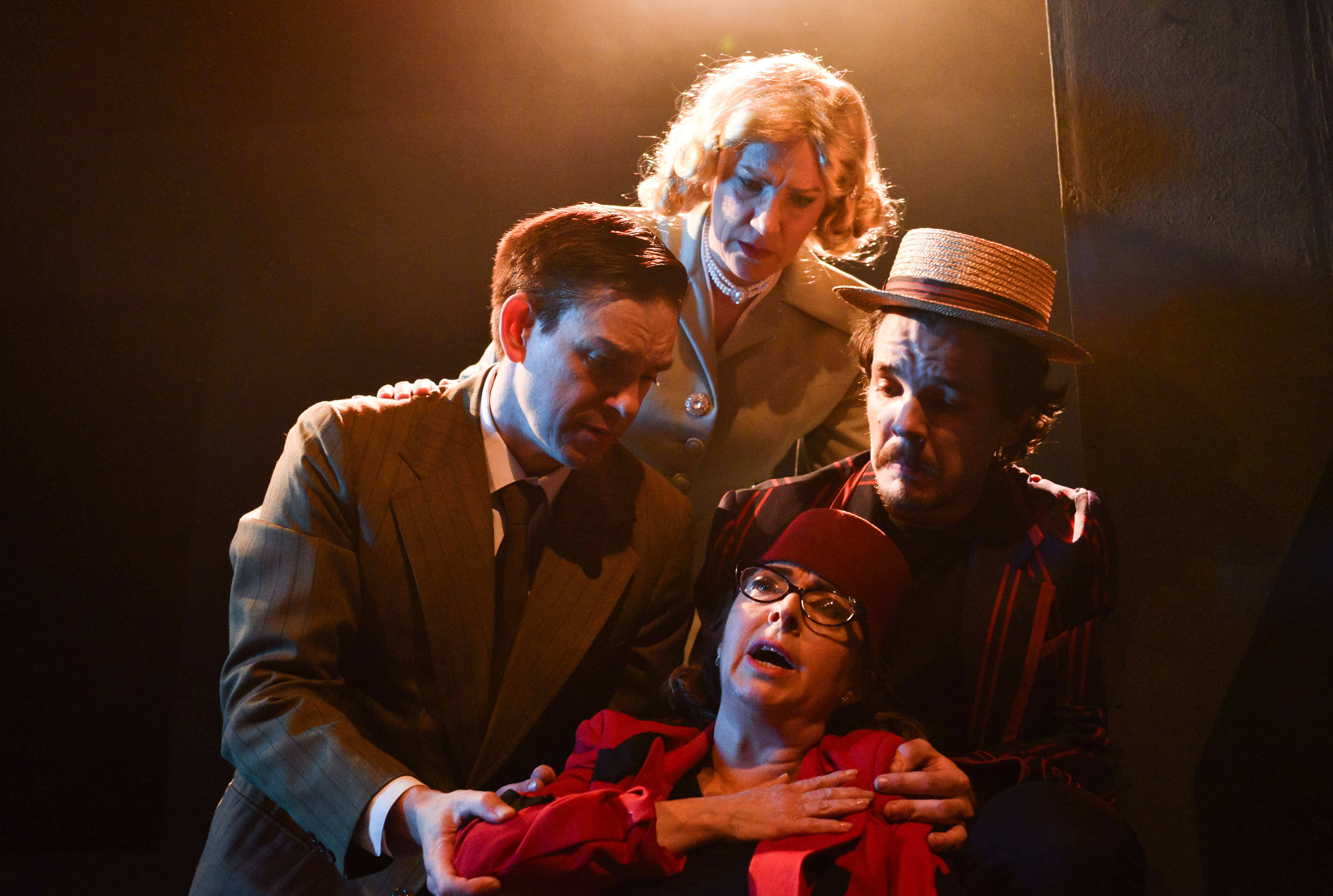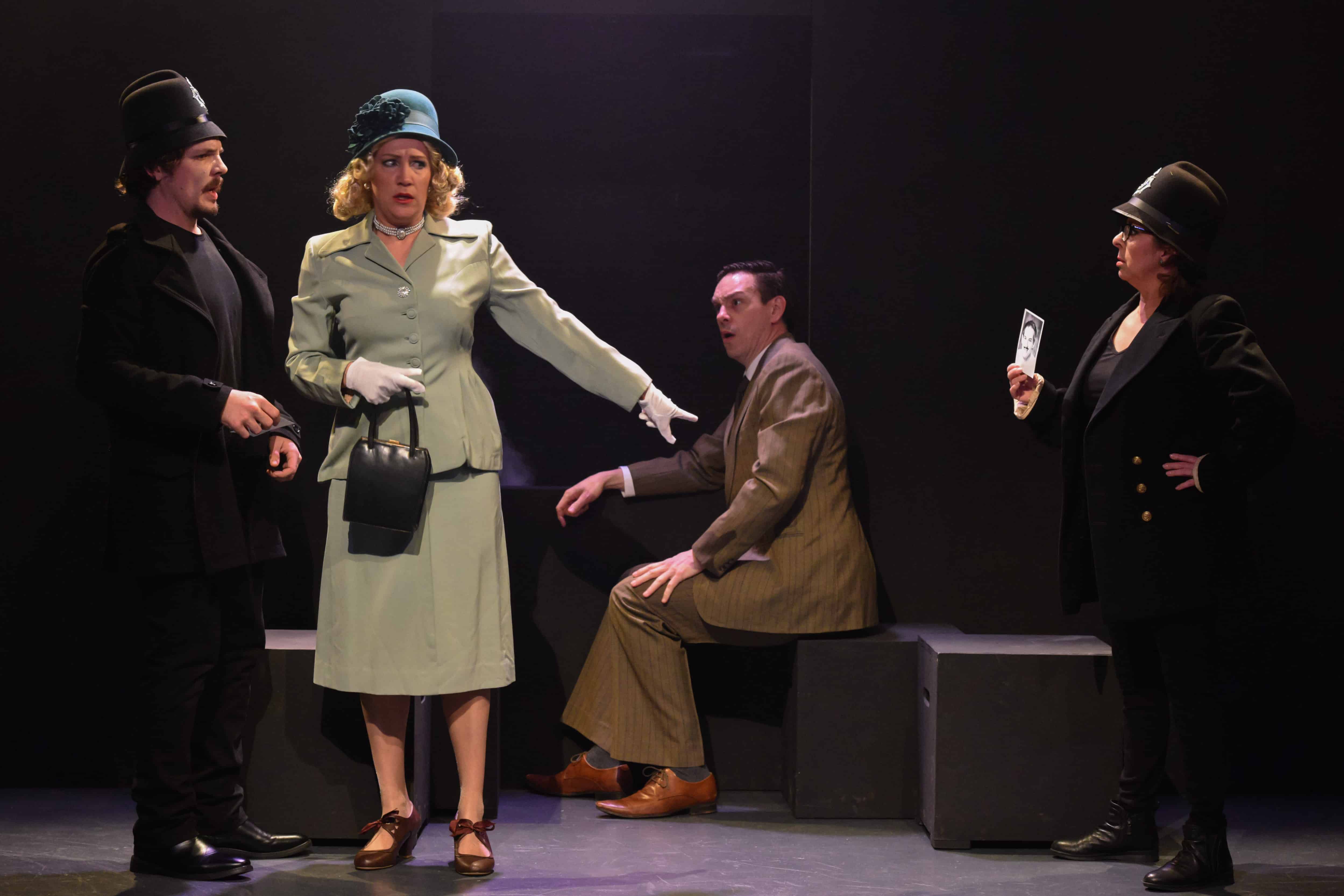Thursday night’s rainy Halloween seemed a fitting time to see a play about the ageing, once-successful Australian writer and activist Miles Franklin, who is haunted by her past.
Moira Blumenthal directs The Kingdom of Eucalypts: The Enigma of Miles Franklin, a play by Australian-Hungarian playwright and psychologist Alice Spigelman, currently being performed at the Bondi Pavilion Theatre in Sydney. Spigelman has written an intriguing examination of a period of Miles Franklin’s life perhaps not all that well known.
While researching at the State Library of New South Wales for another project, Spigelman discovered that Franklin had curiously written some of her diaries in code. Spigelman wondered why a woman in her fifties needed to resort to such a habit, leading the playwright to find out why. The play goes some way in providing answers.
After decades spent overseas, a middle-aged Miles has returned to live in very straitened circumstances with her elderly mother, Susannah, in suburban Sydney. They are struggling so much that in one scene, Miles shamefully reveals they’re living off mouldy bread. The once-lauded writer, who had early success in her twenties with the novel My Brilliant Career, now finds herself ignored by the literary establishment.
Despite her years away from Australia, she sees that not much has changed in sexist attitudes towards female writers. In another scene, Miles rails against the fact that she still needs to adopt a male name in order to be published. Her choice of the nom de plume ‘Captain Bligh’ elicited chuckles from the audience.
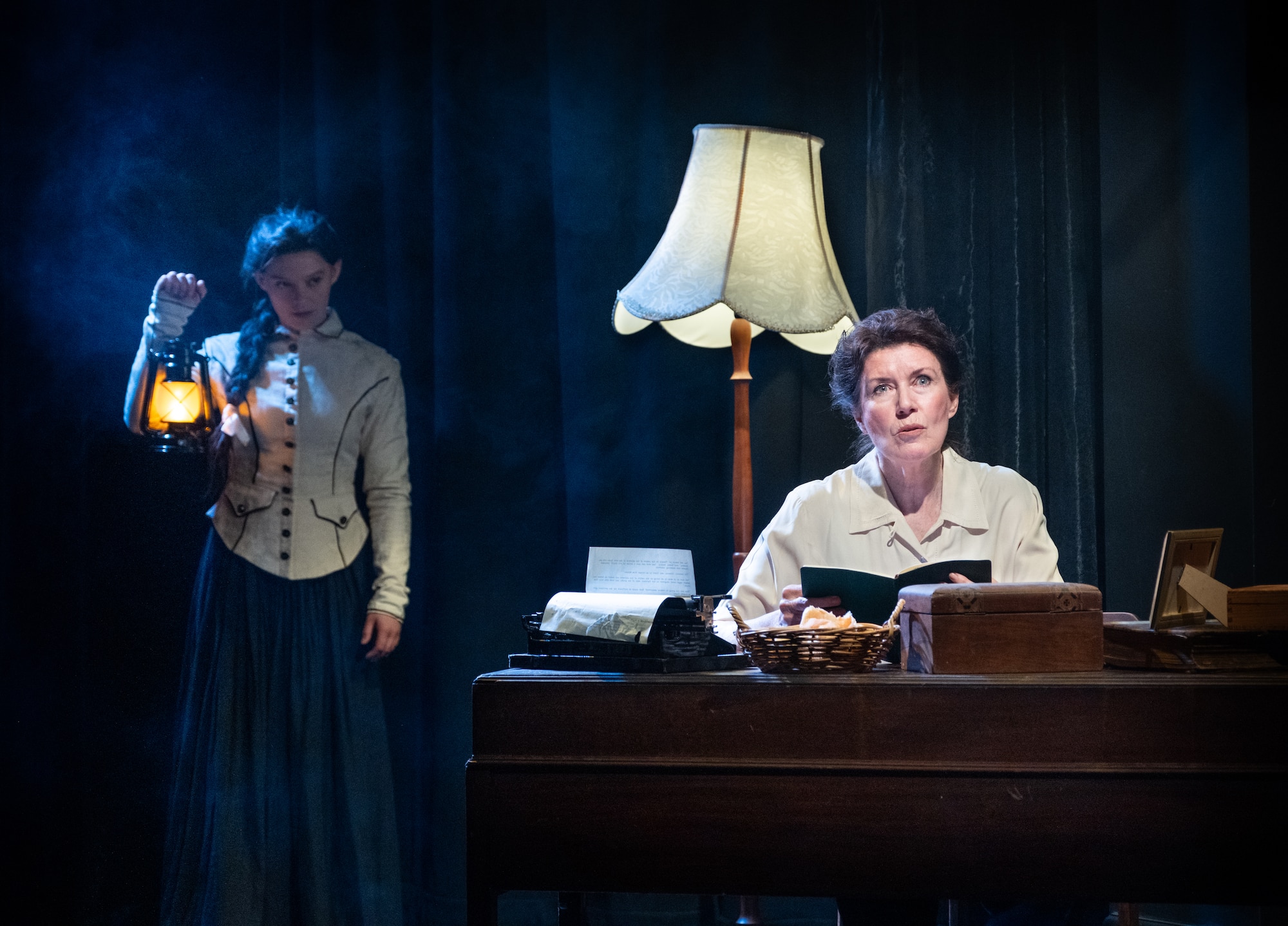
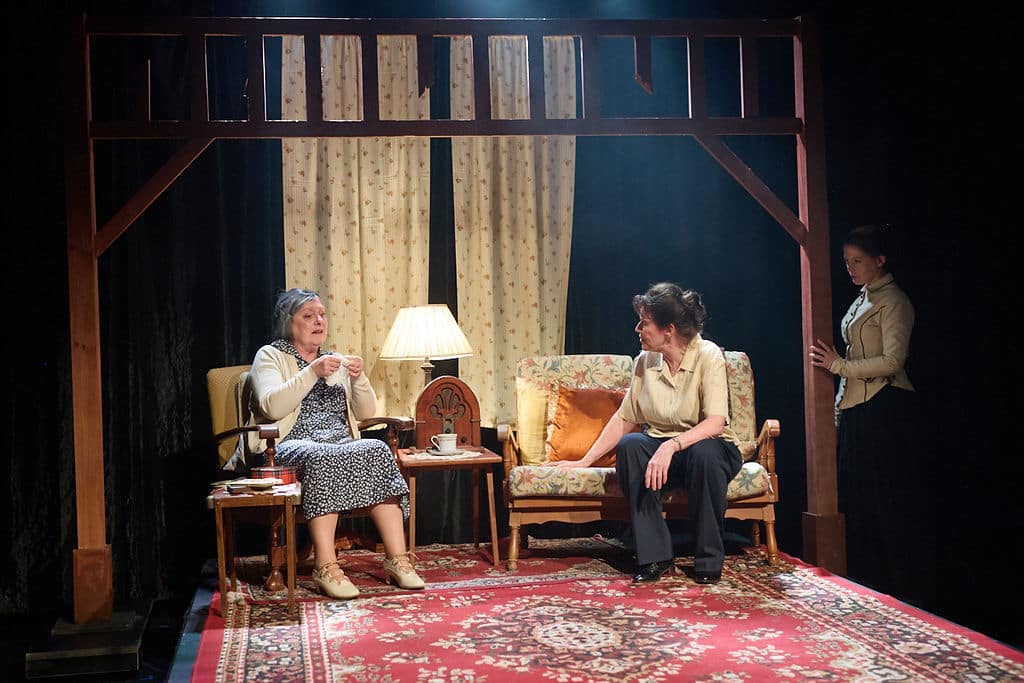
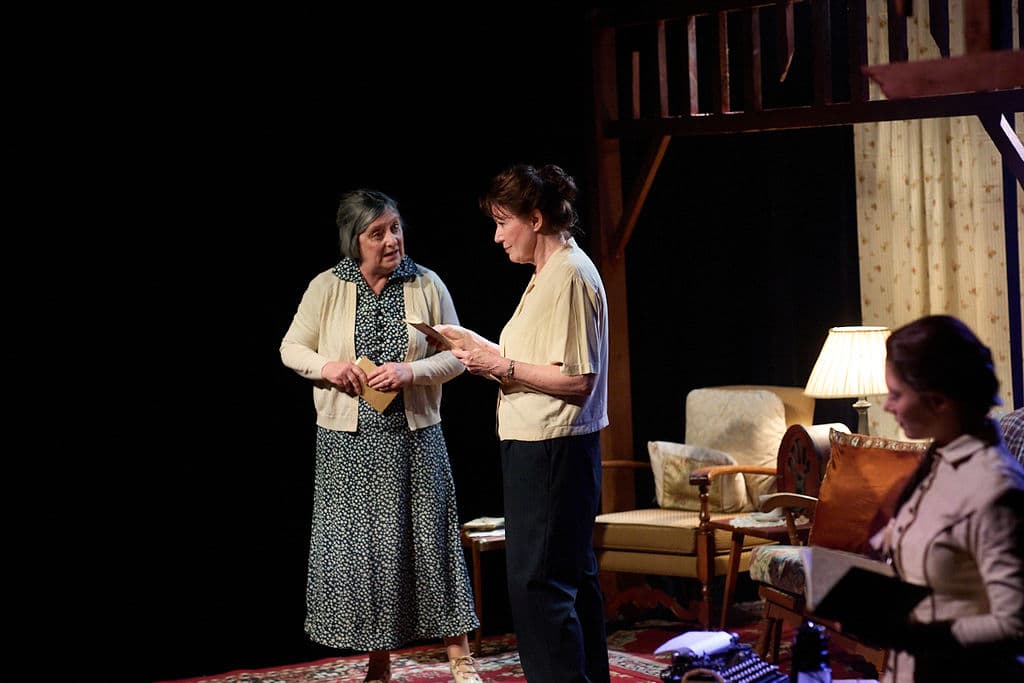
It is through her friendship with Australian editor and publisher Percy ‘Inky’ Stephensen that Miles hopes to resurrect her flailing writing career. Miles, however, finds herself increasingly drawn into Inky’s political organising.
Spigelman has taken a clever approach to representing the bifurcated self that we see in the character of Miles. Two actors, Beth Daly and Sarah Greenwood, play the old and young Miles, respectively. This device allows us to see the impact of time on the writer’s psyche. Daly does an admirable job in portraying the now frustrated Miles, who at once seems world-weary but also still harbours hopes for a different future.
Greenwood plays the young Miles with a youthful energy, heightening our pity for her older self. Lloyd Allison-Young is excellent as the bombastic and eventually bitter Inky Stephensen, and James Coetzee very competently plays Edwin, Miles’ suitor in her youth. A highlight is Alice Livingstone’s portrayal of Susannah Franklin. Livingstone beautifully captures the elderly woman’s fussiness and also her deep love for her daughter.
The Kingdom of Eucalypts season runs from 30 Oct to 17 Nov. To book your tickets please go to https://www.moirablumenthalproductions.com.au/thekingdomofeucalypts






